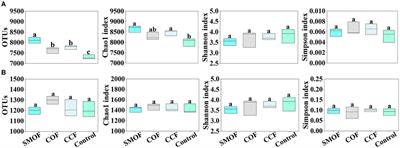EDITORIAL
Published on 25 Apr 2024
Editorial: Plants surviving in extreme environment: harnessing soil-plant–microbial relationship to enhance crop health and productivity
doi 10.3389/fmicb.2024.1388802
- 519 views
15k
Total downloads
66k
Total views and downloads
EDITORIAL
Published on 25 Apr 2024
ORIGINAL RESEARCH
Published on 14 Dec 2023
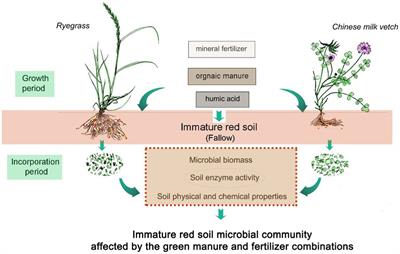
ORIGINAL RESEARCH
Published on 09 Nov 2023
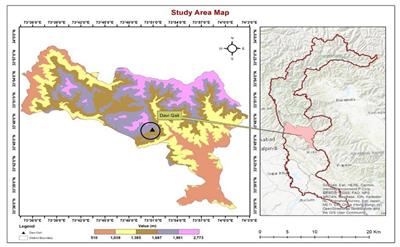
ORIGINAL RESEARCH
Published on 20 Oct 2023
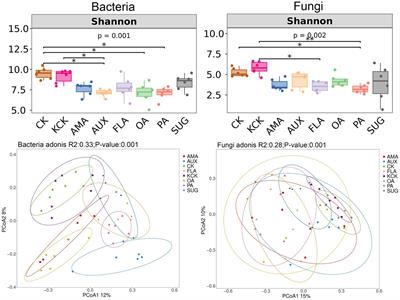
ORIGINAL RESEARCH
Published on 15 Sep 2023

ORIGINAL RESEARCH
Published on 07 Sep 2023
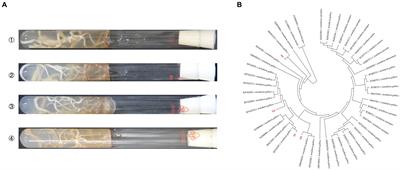
ORIGINAL RESEARCH
Published on 05 Sep 2023

ORIGINAL RESEARCH
Published on 03 Aug 2023

ORIGINAL RESEARCH
Published on 26 Jul 2023

ORIGINAL RESEARCH
Published on 13 Jul 2023
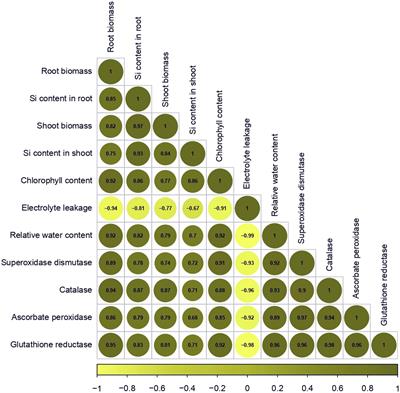
ORIGINAL RESEARCH
Published on 30 Jun 2023
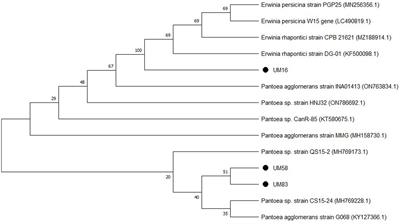
ORIGINAL RESEARCH
Published on 25 May 2023
